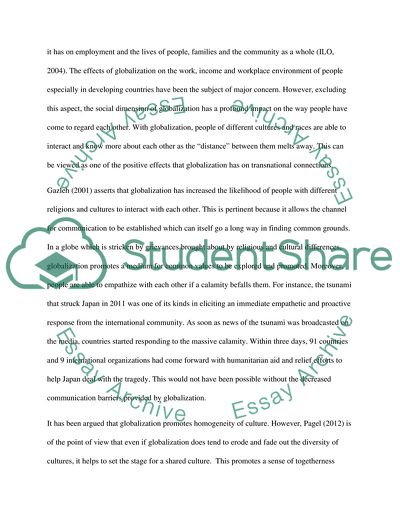Cite this document
(The Globalizing World: What Are the Social Impacts of Globalization Term Paper, n.d.)
The Globalizing World: What Are the Social Impacts of Globalization Term Paper. Retrieved from https://studentshare.org/politics/1800424-international-trade-and-globalization
The Globalizing World: What Are the Social Impacts of Globalization Term Paper. Retrieved from https://studentshare.org/politics/1800424-international-trade-and-globalization
(The Globalizing World: What Are the Social Impacts of Globalization Term Paper)
The Globalizing World: What Are the Social Impacts of Globalization Term Paper. https://studentshare.org/politics/1800424-international-trade-and-globalization.
The Globalizing World: What Are the Social Impacts of Globalization Term Paper. https://studentshare.org/politics/1800424-international-trade-and-globalization.
“The Globalizing World: What Are the Social Impacts of Globalization Term Paper”, n.d. https://studentshare.org/politics/1800424-international-trade-and-globalization.


